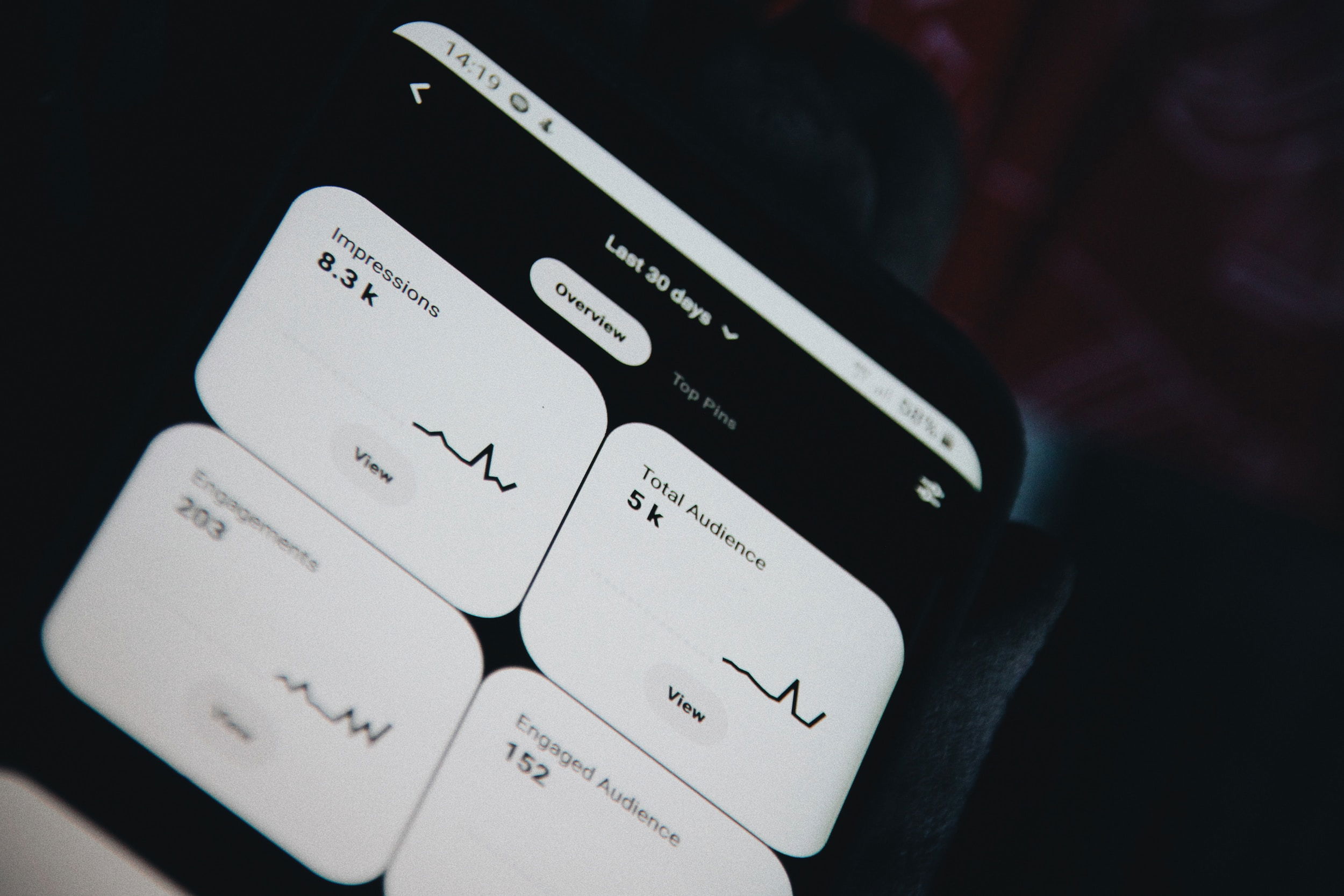10 Ways How Android Smart Phones can be used for Social Science Research
05Feb

By Michael Jumba
- Surveys: Android smartphones can be used to conduct surveys and collect data from a large number of participants through apps such as Survey Monkey, Google Forms, etc.
- GPS Tracking: Researchers can use GPS tracking to collect data on people's movements and locations. This data can then be used to study patterns of human behavior, such as commuting patterns or how people move about a city.
- Social Media Monitoring: Android smartphones can be used to monitor social media activity and gather data on topics such as political discourse, public opinion, and popular trends.
- Qualitative Interviews: Researchers can use video or audio recording apps on Android smartphones to conduct qualitative interviews with participants and collect qualitative data.
- Digital Ethnography: Researchers can use Android smartphones to conduct digital ethnography, where they observe and collect data from online communities and social media platforms.
- Mobile Sensing: Android smartphones can be used to collect data on environmental factors, such as air quality, light levels, and temperature, through various sensors.
- Location-based Research: Researchers can use Android smartphones to collect data on people's experiences and behaviors in specific locations, such as public spaces, restaurants, and retail stores.
- Observation Studies: Researchers can use Android smartphones to conduct observation studies, where they observe and collect data on people's behaviors and activities in real-time.
- Social Network Analysis: Android smartphones can be used to collect data on social networks and relationships between individuals, which can then be used to analyze social structures and patterns of behavior.
- User Testing: Android smartphones can be used to conduct user testing on various apps and websites, where researchers can gather data on how people interact with technology.
Comments


